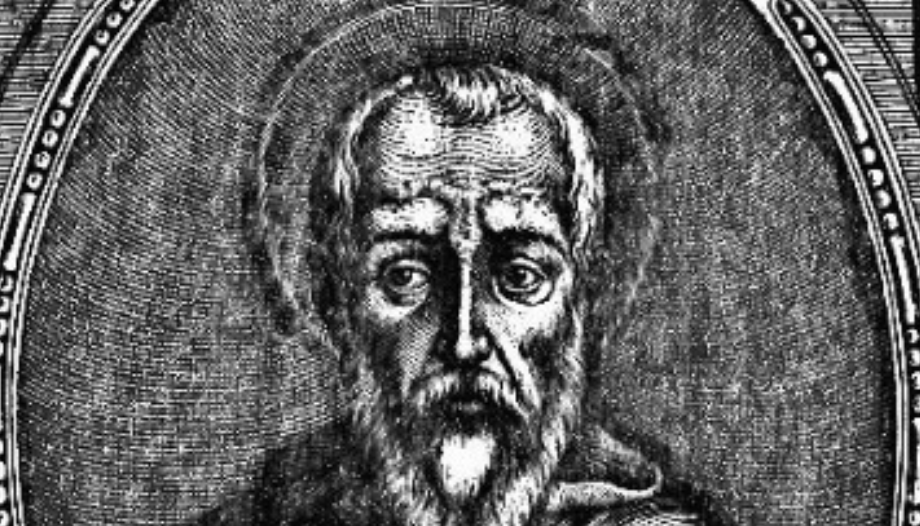




















Around the year 315, a well-known Father and Doctor of the Church was born in Poitiers (France): Saint Hilary of Poitiers.
The saint's family belonged to the aristocracy and gave Hilary a pagan education. However, the young man's curiosity led him to study philosophy and the Bible on his own. After a few years, having raised a family of his own, Hilary converted to Christianity.
Given his great intellectual capacity, the Christian community succeeded in making him a bishop. During that time, the saint tried to warn the faithful of the errors of Arianism, a heretical current with great influence in the Roman Empire.
A fruitful exile
His opposition to Arius' doctrine earned Hilary banishment, ordered by Emperor Constantius II. He spent five years in Phrygia, a territory in present-day Turkey. There he learned Greek and became familiar with the teachings of Origen. This was the beginning of his immersion in the Eastern Church Fathers, which helped him to establish the essential points of his study of the Holy Trinity. The fruit of this knowledge is his treatise "De Fide adversus Arrianos".
During his exile he also wrote his work "Contra Maxertiam", in which he criticized the Roman emperor and accused him of seizing both political and religious power, usurping the authority that corresponds to ecclesiastical power.
When Constantius died, Hilary returned to his homeland. He continued to fight against Arianism, together with Atanasio of Alexandria. In addition, he composed hymns to bring the doctrine closer to the people.
Hilary of Poitiers and the definition of a dogma
Finally, the saint died on November 1, 367. Popular piety considers that his remains are preserved in Auvergne, France. However, there are those who claim that someone moved his bones to Paris, where they disappeared after the revolts of the 16th century.
Pope Pius IX recognized the great work of St. Hilary of Poitiers in defending Catholic doctrine. For this reason, he declared him Doctor of the Church in 1851. The legacy left by St. Hilary was the theological contribution to the dogma of the Holy Trinity. For this, he made an exhaustive analysis of the prologue of the Gospel of St. John, with which he demonstrated that the Son is eternal, thus counter-arguing the Arian thesis.












